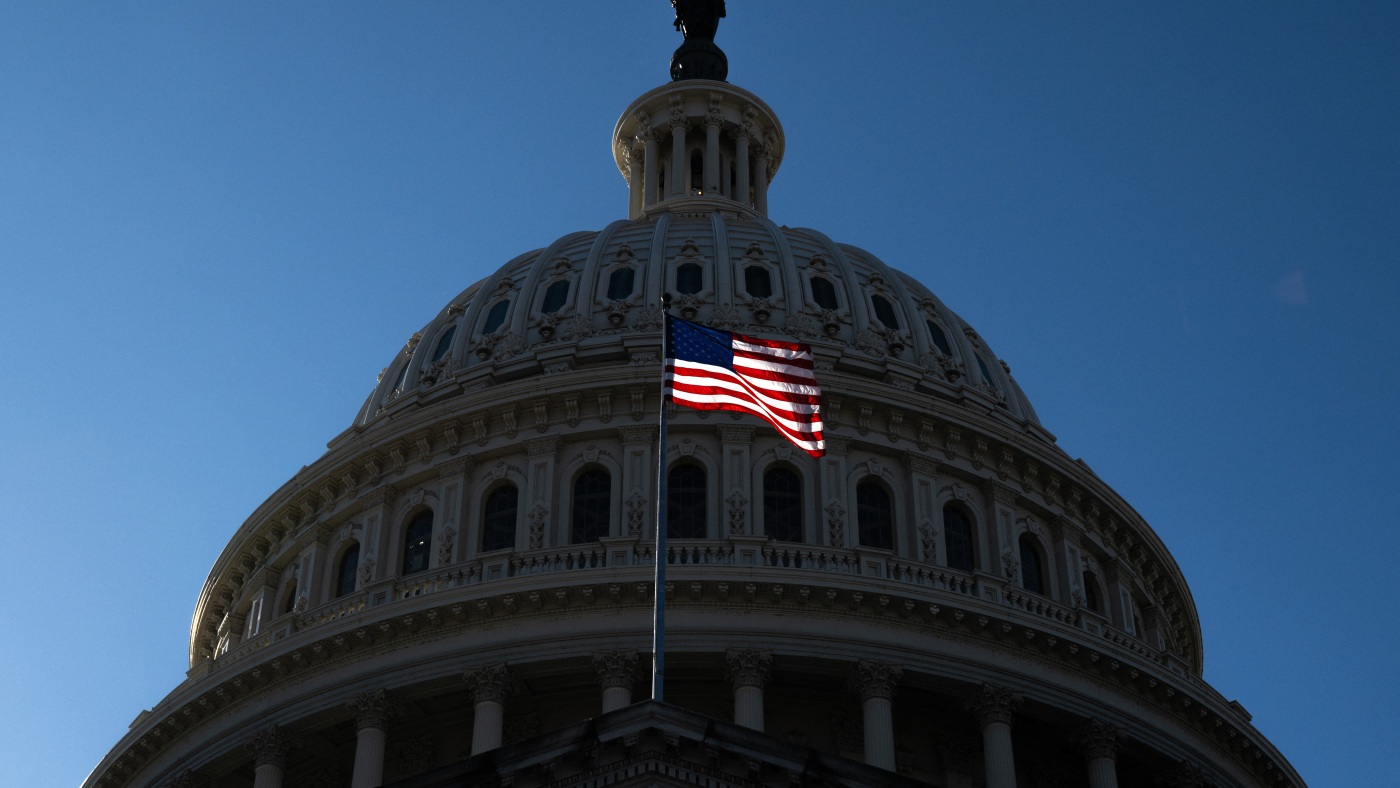Understanding the GOP’s Tax and Spending Bill: Unpacking Winners, Losers, and the Broader Impact
A Divisive Legislative Move with Clear Beneficiaries
The GOP’s latest tax and spending bill has ignited vigorous debate due to its striking impact on America’s economic landscape. This legislation, heralded by its proponents as a catalyst for growth, in reality, positions the wealthiest Americans as the primary beneficiaries. Multiple analyses converge on a troubling consensus: the bill heavily favors the top 10% of earners, granting them sweeping tax reductions while tightening the financial screws on lower-income and vulnerable populations.
Who Truly Gains? The Wealth Concentration
At the core of this legislation is a suite of tax provisions tailored to enrich affluent households. The bill revives or raises caps on deductions like the state and local tax (SALT) deduction, a move disproportionately advantageous to the wealthy. By making several regressive tax cuts permanent, it entrenches these benefits into the fiscal fabric of the country. While touted as “big” and “beautiful,” these tax breaks predominantly serve those already at the pinnacle of economic privilege, exacerbating income concentration rather than diffusing prosperity.
The Human Cost: Cutting Back on the Vulnerable
Opposite the winners are the bill’s harsh implications for low-income Americans. The legislation proposes substantial cuts and stricter eligibility for crucial social welfare programs such as Medicaid and SNAP. Introducing state cost-sharing for SNAP benefits threatens to reduce access for needy families, as states grapple with the additional financial burden. Forecasts predict a 2% dip in household resources for the poorest initially, escalating to around 4% within ten years, amplified by rising essential costs like electricity and growing student debt pressures on the working class.
Political and Public Reaction: Divisions and Discontent
The bill’s reception reflects broader societal disagreements. Public opinion leans heavily toward skepticism, with many believing the law will do more harm than good to those struggling financially. Faith groups, advocacy organizations, and numerous politicians criticize the bill’s regressive tilt, labeling it as favoring the wealthy while neglecting the vulnerable. Even within Republican ranks, dissent emerges—some oppose the expanded SALT deduction due to its disproportionate cost and limited benefits to lower earners. Democrats uniformly denounce the bill as a “tax scam” that deepens economic inequality.
Fiscal Implications: Rising Debt Shadowing Tax Cuts
Beyond immediate winners and losers, the bill’s impact on national fiscal health is profound. The proposed $4.5 trillion in tax breaks mainly benefiting the rich, combined with $2 trillion in social program cuts, signals a steep increase in the national debt. This growing debt cloud threatens long-term economic stability, limiting future policy flexibility and potentially ushering in austerity measures that could further strain social programs and public services.
Social and Economic Consequences: A Widening Divide
The bill embodies a stark redistribution of resources, consolidating wealth at the top while pulling support away from those reliant on government aid. This pattern of permanent regressive tax cuts paired with temporary and diminished benefits for working-class families deepens already systemic inequities. The ripple effects threaten to suppress social mobility, reduce consumer spending, and worsen health and education outcomes, which collectively undermine economic resilience and social cohesion.
Conclusion: A Crossroads for America’s Economic Future
This GOP tax and spending bill represents a pivotal shift in American economic policy, centering benefits on the wealthiest at the expense of the broader population’s well-being. Its approach—prioritizing substantial tax relief for affluent households, reducing investments in social support systems, and escalating national debt—raises urgent questions about fairness and shared prosperity. As its provisions take hold, the legislation will profoundly shape the nation’s social and economic fabric, challenging all stakeholders to navigate the tensions between growth, equity, and fiscal responsibility.

